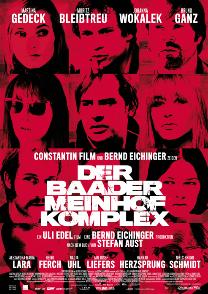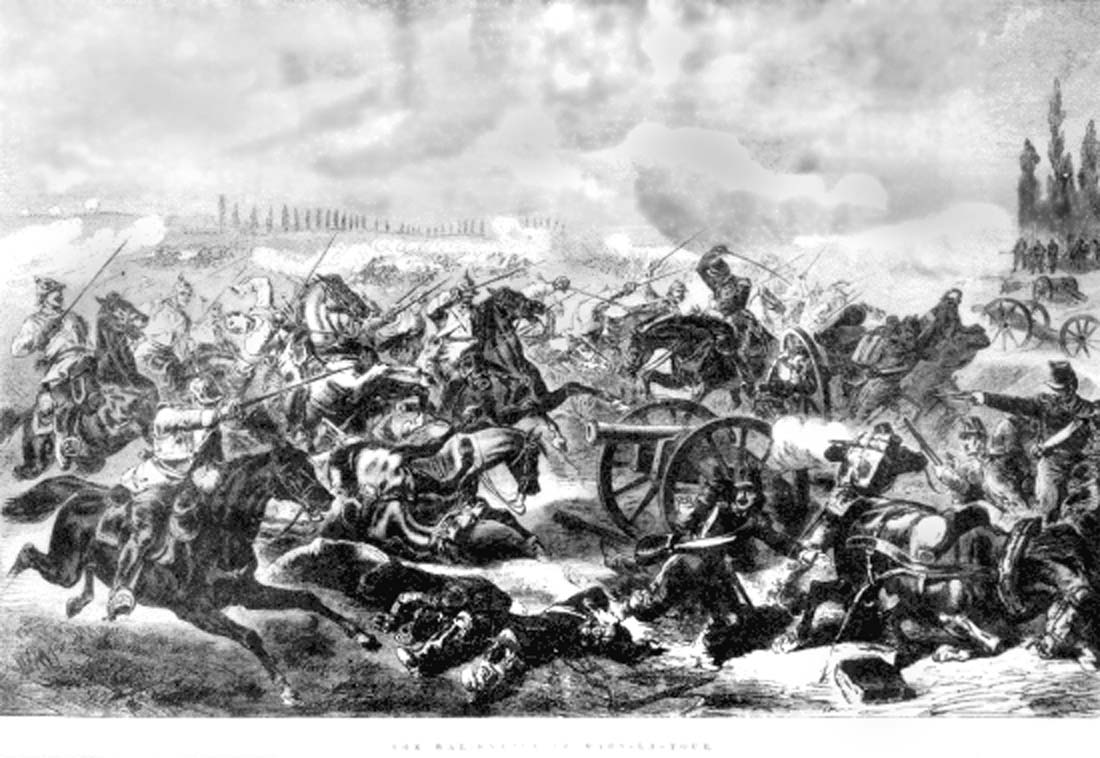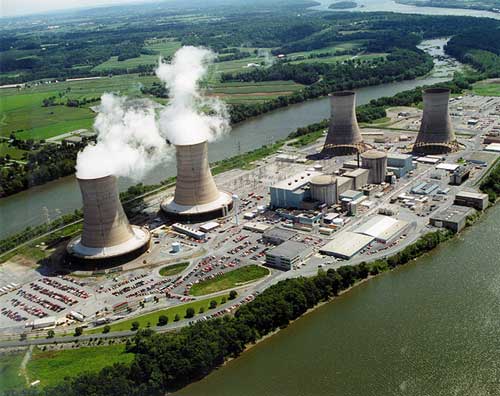2. Thomas’ blog post on German Cuisine is actually written and not a copy directly from Wikipedia or another website. The blog is smaller, but has good details.
3. Thomas actually took the time to write a majority of this blog. It is not a long blog, but the information presented was thought out and understood. It could have been longer with more details. Looks like a blog that took roughly 30-45 minutes to write.
4. The information was decent, I’d give it a 4.
5. The content is fairly dry; however it is a short read, so readability is a 4.
6.In the same week I had written about the FKK (free body movement). My content is drier and have a greater amount of detail and longer. So the informative quality is higher whereas the readability may be smaller.
2, This blog did not draw my interest, it was very short, succinct and fairly boring.
3. There was little thought and little detail added to this blog post. It was extremely short and not many details.
4. As far as information it could be easily a 2
5. Readability was short 3.
6. This blog was short had very little detail. My blog was larger with much more content. My blog again may have been a little harder to read however the detail provided allows someone to learn more from it.
2. Jessica’s blog for her chapter review is actually well thought out and the character development is detailed nicely. Makes an easy read.
3. Although the blog is read easily, the quality of detail is very minimal and the blog is very short on quantity.
4. 2
5. 3
6. This blog did have some thought given to it; however it was a short cheap attempt to get a blog post out there. The blog is shorter than the group blog we had posted the same week.
I have learned quite a bit in this class. I had an understanding of the German culture from 8 years ago, and to learn about the development of the culture and how it got to be the way it was 8 years ago. The information that we got about the Hanseatic League was definitely something new to me. The information and detail given to how much the military affected the German people was definitely something I was unaware of. The largest detail that was almost ignored in my brain that I recalled was the fact that Germany as a whole is a very young country as is and is ever evolving.
I did find it difficult to learn from many of the people in class due to their limited grasp on the English language, and the volume of their voice. You add those factors to the limited details from poor blog posts make for a difficult learning environment. I did enjoy the free learning and the ability to do my own research however to ensure that vital details are provided and that those details are correct are necessary. To ensure that people are listening to presentation I might do small quizzes the next class period covering material presented last week. Just small 5-10 point quizzes that would get people more involved and care for about the material.






_-_1897_-_Freilicht_-_vmp_01.jpg/640px-Koch%2C_Max_(1854-1925)_-_1897_-_Freilicht_-_vmp_01.jpg)